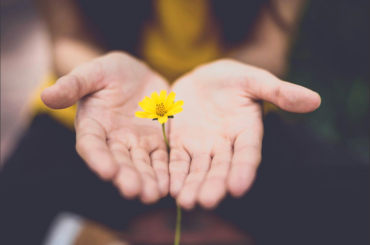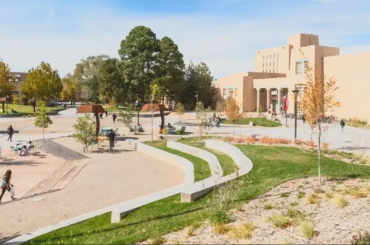When Love Hurts: Understanding Trauma Bonds and the Addiction to “Fixing”
By Dr. Jamie, Executive Director of and Founder of STAR Network
Have you ever felt compelled to “save” someone you love? Have you taken on their responsibilities, carried their burdens, or blamed yourself when your efforts failed?
If this sounds familiar, you might be caught in a trauma bond, a deeply emotional connection often tied to cycles of love and pain.
Dr. Gabor Maté, a renowned trauma expert, explains that addiction isn’t just about substances – it’s a compulsive attempt to soothe deep pain.
For many, this manifests not as an addiction to alcohol or drugs but as a desperate need for love, even when it hurts.
We crave the highs of affection and attention, but we endure the lows of rejection, manipulation, and abuse, clinging to the hope that things will change.
When love becomes a source of pain, it’s easy to lose sight of what healthy relationships should feel like. Understanding the connection between trauma, addiction, and the cycles of love and hurt is the first step toward breaking free and reclaiming your emotional well-being.
The Link Between Love and Addiction
Addiction isn’t always about substances; sometimes, it’s about people. Being addicted to love – or more accurately, the idea of being loved – can be as destructive as any chemical dependency.
- The Need to Be Needed: If you’ve ever felt that your worth is tied to “saving” or fixing someone, this could stem from unresolved trauma or inadequacy. Being a savior gives a sense of purpose, even at the expense of your well-being.
- The Highs and Lows: Trauma bonds are like emotional roller coasters. Moments of connection and tenderness can feel euphoric, but they’re often followed by pain, rejection, or emotional neglect. This cycle mimics the pattern of addiction.
- Craving Validation: When someone you love hurts you, your brain can confuse the relief of temporary affection with genuine love, reinforcing the bond despite the damage it causes.
True Love Doesn’t Hurt!
Love is not meant to leave you feeling worthless, exhausted, or broken. True love supports growth, mutual respect, and emotional safety. It doesn’t demand that you sacrifice your health or identity to keep someone else afloat.
If you find yourself stuck in a cycle of trying to fix someone, remember:
- It’s Not Your Job to Save Them: Everyone is responsible for their own growth and healing.
- Love Shouldn’t Hurt: Emotional pain isn’t proof of love – it’s often a sign of dysfunction.
- Your Worth Isn’t Measured by Their Happiness: You don’t need to earn love by solving someone else’s problems.
Breaking Free from Trauma Bonds
Healing from a trauma bond and the addiction to “fixing” others begins with self-awareness and support. Recognize the patterns, reflect on how they affect your well-being, and seek help to break free.
STAR Network understands how isolating and confusing these cycles can be. That’s why they offer TAR Anon™ free peer-to-peer support meetings, safe spaces where you can connect with others who’ve experienced the same struggles.
Why Join TAR Anon™?
- Shared Experiences: You’ll meet others who understand what you’re going through.
- Practical Tools: Learn how to set boundaries, practice self-care, and rebuild your confidence.
- A Community of Support: You’re not alone – our community is here to walk with you on your healing journey.
Healing Requires Connection
As Dr. Maté wisely says, “The opposite of addiction is not sobriety. The opposite of addiction is connection.”
Breaking free from the cycle of trauma bonds and emotional pain requires meaningful connections – with yourself and others.
Star Network’s Founder and Executive Director Dr. Jamie Hysman says, “If you don’t break the family trauma, the family trauma will break you.”
Through STAR Network’s TAR Anon™ meetings, you’ll find a supportive space to unlearn unhealthy patterns and rediscover your worth. Because true love doesn’t hurt – it heals.
If you’re ready to let go of the pain and embrace a healthier, more fulfilling life, join our community today. Visit STAR Network to learn more and sign up for a free support group.








